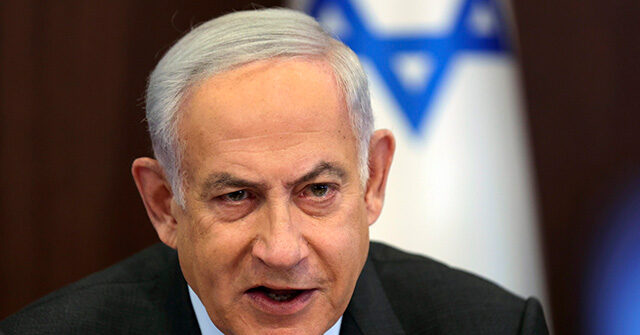Israeli Prime Minister Benjamin Netanyahu is scheduled to testify in his ongoing criminal trial, which has become a contentious issue in Israeli politics. Critics of Netanyahu argue that his trial is crucial for upholding the rule of law, while his supporters contend it represents a politically motivated effort to undermine his leadership. Despite requests from Netanyahu’s legal team for additional preparation time due to the complexities of Israel’s ongoing conflicts, the court has mandated that he begin his testimony without delay. This trial will continue for several weeks, serving as a focal point for political and legal debates within Israel.
The charges against Netanyahu involve a series of alleged corrupt actions that critics claim are serious breaches of ethics, though supporters argue the facts surrounding these allegations are often absurd. For example, one accusation stems from Netanyahu’s supposed request for favorable media coverage in exchange for regulatory benefits to a media company. Critics highlight that he never received the positive press he sought, but the media company did get the tax breaks, which benefited the public by improving Internet access. This, according to his supporters, undermines the notion of genuine corrupt intent behind the charges.
Another case involves accusations that Netanyahu sought favorable coverage from a newspaper by limiting the publication of another free newspaper. Proponents of Netanyahu argue that he would rather risk his administration than compromise press freedom. Moreover, one case alleges that Netanyahu extended tax amnesty for repatriated assets in exchange for gifts, such as cigars, yet critics have pointed out that his economic ideologies have remained unchanged over the years. These bizarre circumstances surrounding the charges raise questions regarding the legitimacy and motivations behind the prosecution.
Complicating these legal battles is the involvement of Netanyahu’s political opposition, evidenced by Yair Lapid, the opposition leader, being a key witness for the prosecution. Many see this as indicative of a politically charged environment where legal matters intertwine with political rivalries. Additionally, new accusations have surfaced about Netanyahu’s aides leaking sensitive military information to the media, potentially to sway public opinion against him. Such accusations further complicate the trial and may have been met with coercive tactics by law enforcement.
Unlike the U.S. Department of Justice, which refrains from pursuing legal action against a sitting president, the Israeli justice system has aggressively pursued charges against Netanyahu, leading many of his supporters to argue that there is a concerted effort by law enforcement and a so-called “deep state” to remove him from power. The continued scrutiny and allegations against him have dominated Israeli political discourse for approximately five years. Yet, despite the surrounding controversies and ongoing trials, Netanyahu continues to enjoy considerable support among voters, often being re-elected.
These circumstances underscore a larger narrative revolving around Netanyahu’s leadership and Israel’s democratic processes. On one side, critics emphasize the necessity of legal accountability for government officials, while supporters view the prosecution as misguided political maneuvering threatening democratic norms. With Netanyahu’s legal battles awaiting resolution, the intersection of law, politics, and public opinion in Israel appears increasingly complex, reflecting a country grappling with challenging questions of accountability, governance, and political legitimacy.

